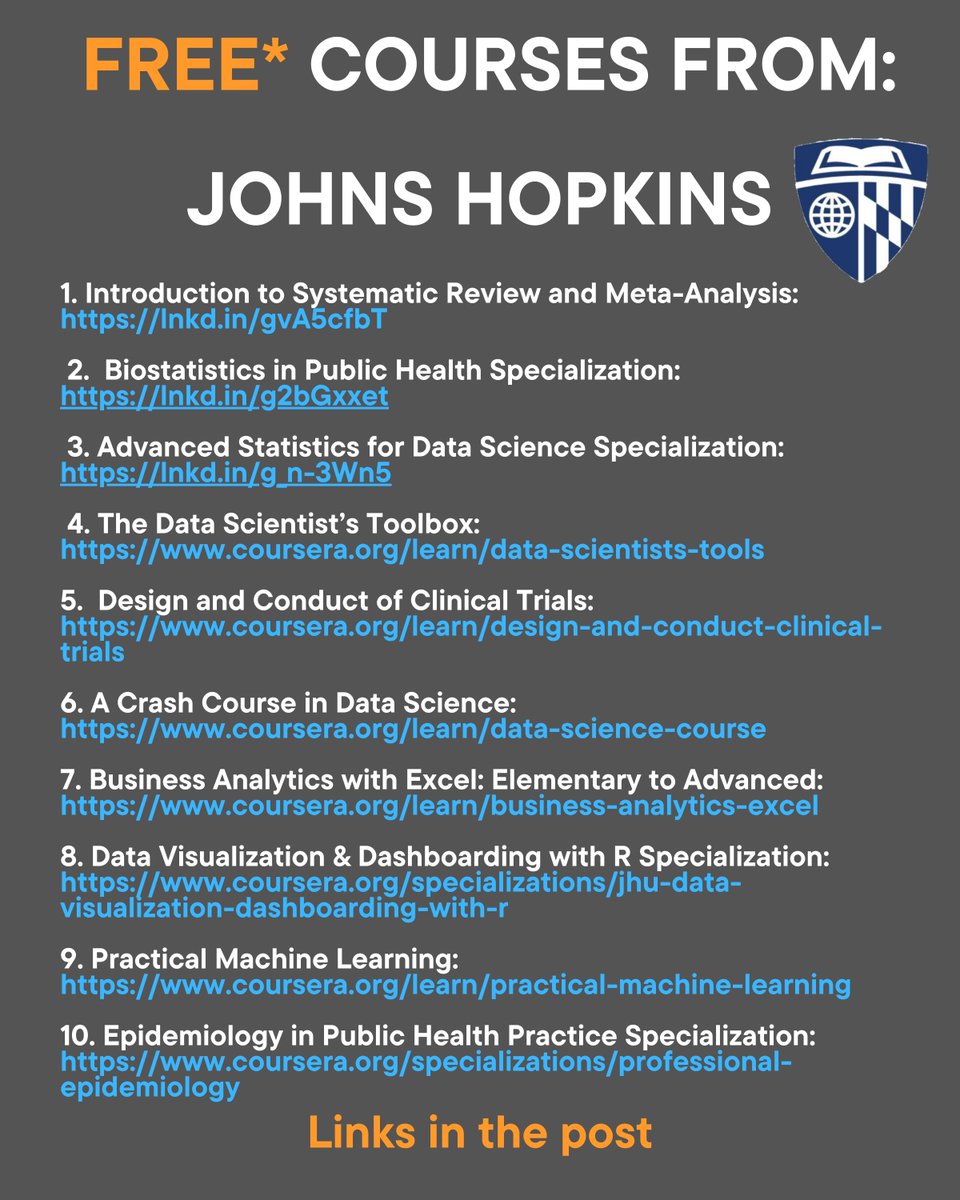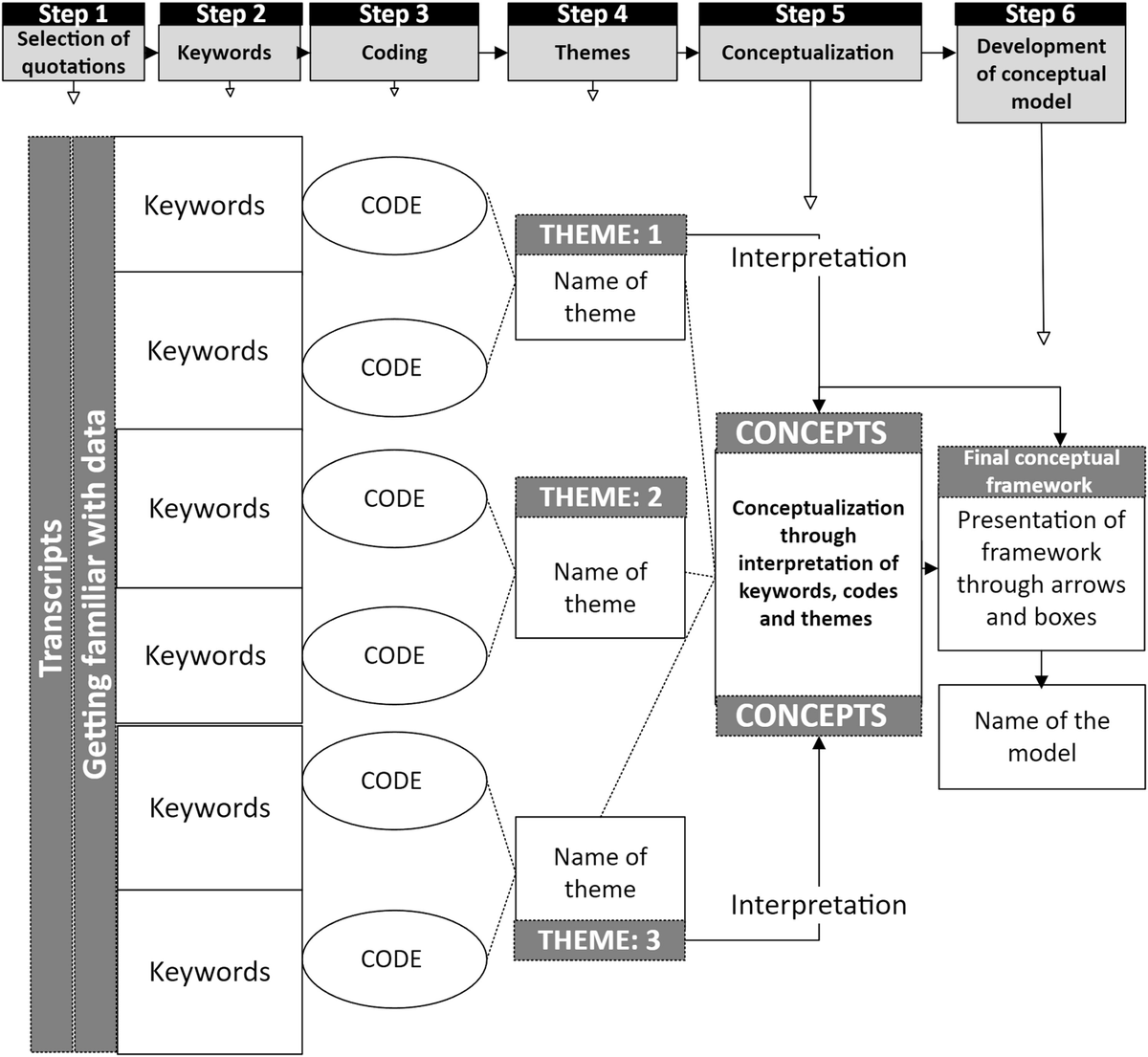Say goodbye to high #ArticleProcessingCharges!
Here is the ultimate guide to publishing your next paper for FREE: 🧵👇
#AcademicChatter
#AcademicTwitter #openaccess #postdoc
@PostdocVoice @OpenAcademics @StoriesImg
@ThePhDPlace #phdlife #phd
Here is the ultimate guide to publishing your next paper for FREE: 🧵👇
#AcademicChatter
#AcademicTwitter #openaccess #postdoc
@PostdocVoice @OpenAcademics @StoriesImg
@ThePhDPlace #phdlife #phd
1. DOAJ: Directory of Open Access Journals - 1) Go to DOAJ.org 2) Search for journals 3) Apply filter "Without: APCs"
After finding a journal, check if they're indexed or not.
I was surprised by the number and quality of articles I saw on DOAJ.
After finding a journal, check if they're indexed or not.
I was surprised by the number and quality of articles I saw on DOAJ.
2. University Agreements: Your University may have an agreement with specific scientific journals to publish articles for FREE or at a reduced cost.
Check your University's website for details. @UofT, for example, has 100% waivers with 8 publishers:
onesearch.library.utoronto.ca/copyright/apc-…
Check your University's website for details. @UofT, for example, has 100% waivers with 8 publishers:
onesearch.library.utoronto.ca/copyright/apc-…
3. Waivers: Most journals offer waivers or discounts on publication fees for authors from low- and middle-income countries (LMICs).
LMIC researchers need not worry about APCs.
To view this option, visit the journal's "author guidelines" section for details.
LMIC researchers need not worry about APCs.
To view this option, visit the journal's "author guidelines" section for details.
4. Hybrid model: Some journals offer a hybrid model, where authors can publish their work as "open access" for a fee or without "open access" for FREE.
Articles with no APC in the same journal are usually behind a paywall.
I'll share an Excel file of such journals at the end.
Articles with no APC in the same journal are usually behind a paywall.
I'll share an Excel file of such journals at the end.

5. Negotiation: The good old negotiation still works, especially for graduate students or authors who demonstrate insufficient funding. 

6. Society memberships: Many academic societies offer significant discounts on article processing charges (APCs) for their members.
Researchers who frequently publish in society-affiliated journals can save substantially using this method.
Researchers who frequently publish in society-affiliated journals can save substantially using this method.

7. Editorial board discounts: Editorial board members are vital to the scientific community!
Many journals now offer discounts on #ArticleProcessingCharges to board members to show their appreciation.
Check with your preferred journal for details on eligibility.
Many journals now offer discounts on #ArticleProcessingCharges to board members to show their appreciation.
Check with your preferred journal for details on eligibility.
8. Peer review discounts: Peer reviewers play a crucial role in the scientific publishing process and now many journals are offering discounts on #ArticleProcessingCharges as a token of appreciation.
Don't miss this opportunity, check with your journal for details today!
Don't miss this opportunity, check with your journal for details today!
9. Lifetime memberships with scientific publishing platforms are a great way to save on #ArticleProcessingCharges and support #OpenAccess.
Consider platforms like PeerJ and others for unlimited publishing and discounted fees.
Consider platforms like PeerJ and others for unlimited publishing and discounted fees.

10. Subscriber's discount: Subscribing to scientific journals has its perks! Many now offer discounts on #ArticleProcessingCharges for their subscribers.
Some medical journals that offer this form of discount include: JAMA, BMJ, and NEJM
Some medical journals that offer this form of discount include: JAMA, BMJ, and NEJM
In the end, I have two bonuses for you:
1. I have compiled a list of 349 medical journals with 0 article processing fees. They are indexed in either MEDLINE, EMBASE, SCOPUS or Web of Science. Download it here for FREE: asadnaveed.gumroad.com/l/R349
1. I have compiled a list of 349 medical journals with 0 article processing fees. They are indexed in either MEDLINE, EMBASE, SCOPUS or Web of Science. Download it here for FREE: asadnaveed.gumroad.com/l/R349
2. Dr. Boon-How Chew has compiled a list of hybrid-model journals with 0 APC. They are based according to quartile and specialisation/discipline. Get it here for FREE:
docs.google.com/spreadsheets/d…
docs.google.com/spreadsheets/d…
There you have it! Publishing fees should never worry you again! Thanks to Anna Krause from UW for helping me compile this list.
Did I miss anything? Let me know in the comments below or via DM @dr_asadnaveed
#OpenAccess #ResearchCommunity
Did I miss anything? Let me know in the comments below or via DM @dr_asadnaveed
#OpenAccess #ResearchCommunity
• • •
Missing some Tweet in this thread? You can try to
force a refresh










